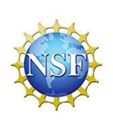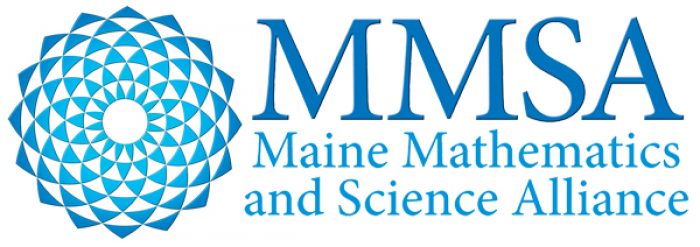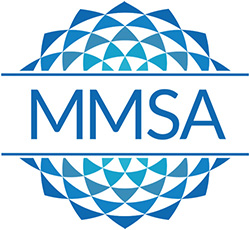Teacher Recruitment for Place-Based Learning for Elementary Science at Scale (PeBLES2)
PeBLES2 – a project of MMSA and BSCS – aims to design and investigate locally adaptable three-dimensional instructional materials and professional learning for elementary science. We work with teachers, scientists, and researchers to co-design locally adaptable units of instruction and professional learning to dig deeply into the science sensemaking and localization process. PeBLES2 teachers will be able to confidently “choose-their-own adventure”, making small or big tweaks to unit instructional bases to root science sensemaking into their “place”.
We are looking for fourth-grade teachers who are willing to implement a unit designed for the Next Generation Science Standards (NGSS) as well as participate in ongoing professional learning over the next two school years (2022-2023 / 2023-2024). Preference will be given to teacher teams.
Timeline:
- In order to learn about how teachers grow with the unit, we are asking teachers to commit to teaching the unit twice – over two years. Implementation and associated professional learning will take place over the following time span:
- Round 1: January 2023 – May 2023
- Round 2: January 2024 – May 2024
Qualifications:
We are looking for interested teachers that..
- Will be teaching fourth-grade earth science ( weathering, erosion, deposition, and engineering content) in the Spring of 2023 / Spring of 2024
- Have some background and familiarity with the NGSS
- Have the ability to obtain principal/district consent work
Main Expectations of Enactment Teachers:
- Implementation of Unit.
- Implement an approximately 6-week science unit designed for fourth grade between January and May 2023 and 2024.
Note: duration of the unit will depend on how much time is allotted to science instruction weekly. Ideally, teachers would budget approximately 3 hours a week for science instruction.
- Professional Learning. Attend and participate in all professional learning (Note: Sub Reimbursement available)
Enactment Phase 1 - 2022/2023 School Year |
|
| Immersion Institute | 1/5 (Thurs) 11-5 (EST) 1/6 (Fri) 11-5 (EST) |
| Localization Roundtables | 1/23 (Mon) 12-4 (EST) 2/27 (Mon) 12-4 (EST) 3/27 (Mon) 12-4 (EST) 4/24 (Mon) 12-4 (EST) |
Enactment Phase 2 - 2023/2024 School Year |
|
| Immersion Institute | 1/4 (Thurs) 11-5 (EST) 1/5 (Fri) 11-5 (EST) |
| Localization Roundtables | 1/22 (Mon) 12-4 (EST) 2/26 (Mon) 12-4 (EST) 3/25 (Mon) 12-4 (EST) 4/22 (Mon) 12-4 (EST) |
- Collection of Research and Classroom Materials. Commit to approximately 4 hours per month of asynchronous work (including but not limited to: pre/post teacher surveys, collecting student consent forms, collecting and submitting student questionnaires and artifacts, and participating in teacher end of unit interviews).
Benefits:
- Ongoing professional development around NGSS implementation, curricular design, and localizing place-based curriculum.
- Growing a national network of teachers and researchers.
- Keep all unit materials and resources.
Compensation:
- Participating teachers will be compensated for their time in installments ($2,000) at the completion of each phase. Total compensation will be $4,000.
Please complete this APPLICATION and submit any questions to Rhonda Tate, PeBLES2 Project Manager, rtate@mmsa.org
Project Funder

This project is funded by the National Science Foundation, grant #2009613. Any opinions, findings and conclusions or recommendations expressed in these materials are those of the author(s) and do not necessarily reflect the views of the National Science Foundation
Contact Us | Programs | Professional Learning | Privacy Policy
Copyright © 1992 — 2020 Maine Mathematics and Science Alliance • All rights reserved
207.626.3230
219 Capitol Street, Suite 3 Augusta, Maine 04330


